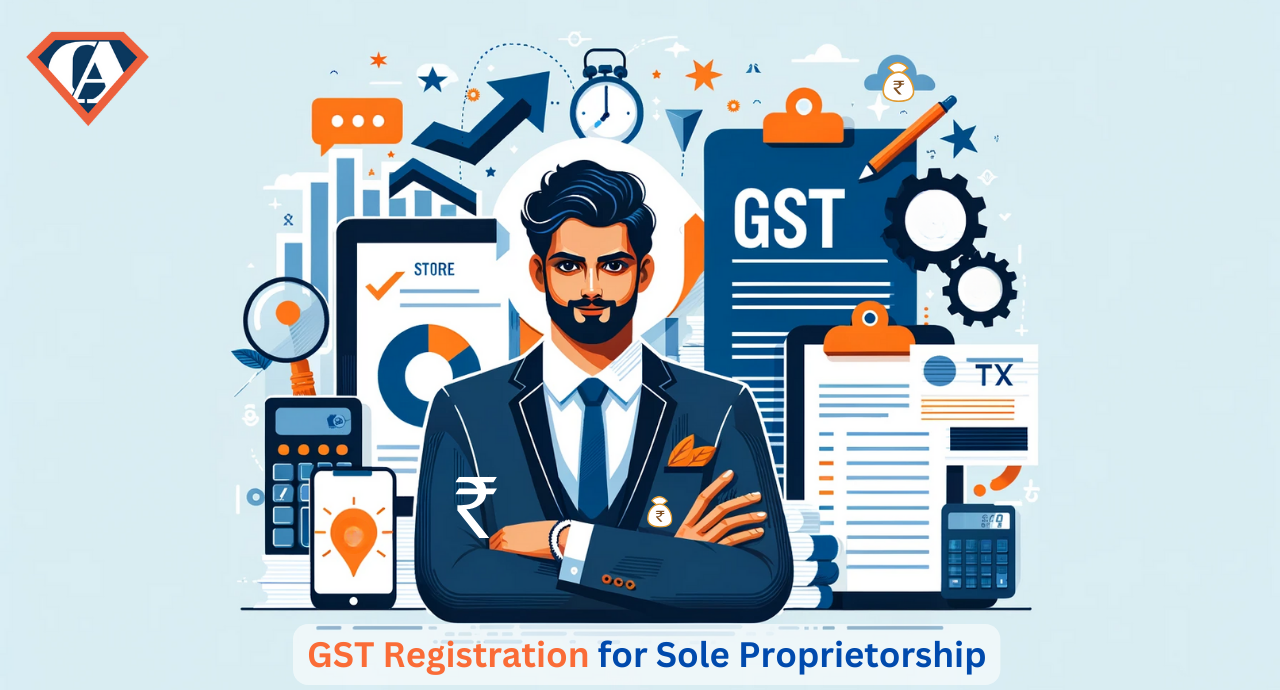How to Discover the most effective GST Registration Services in Singapore Quickly
How to Discover the most effective GST Registration Services in Singapore Quickly
Blog Article
From Beginning to Finish: The Ultimate Roadmap to GST Enrollment for Services Looking For Financial Stability
Browsing the intricacies of Item and Solutions Tax (GST) registration is a crucial step for businesses pursuing monetary security. From recognizing the fundamental principles of GST to complying with post-registration standards, the process can seem discouraging at first glance. Nonetheless, damaging down the roadmap into workable steps can improve the registration journey for companies aiming to improve their economic standing. Let's discover the crucial parts that compose this ultimate roadmap and uncover exactly how each stage adds to laying a solid structure for monetary success.
Understanding GST Essentials
Delving into the essential principles of Item and Provider Tax Obligation (GST) is essential for gaining a detailed understanding of its effects on businesses and the economic climate. Input Tax Debt (ITC) is a significant attribute of GST, permitting companies to claim credit for tax obligations paid on inputs, reducing the general tax burden. Recognizing the basics of GST is important for businesses to comply with tax policies, handle their financial resources effectively, and add to the country's financial development by participating in a clear tax system.
Eligibility Standards for Enrollment
To sign up for GST, businesses have to satisfy certain eligibility requirements developed by the federal government. The main eligibility requirement is that any type of business associated with the supply of products or services with a yearly aggregate turn over above the threshold limitation set by the authorities have to register for GST. Since the present laws, the threshold limit for GST registration is an annual aggregate turn over of 40 lakhs for organizations operating within a state, besides special classification states where the limitation is 20 lakhs. In addition, certain services are required to sign up for GST regardless of their turnover, such as interstate suppliers, informal taxable individuals, and organizations reliant pay tax obligation under the reverse charge device. It is critical for businesses to thoroughly examine their turn over and transaction types to identify their GST enrollment responsibilities precisely. Failure to sign up for GST when eligible can lead to fines and legal repercussions, making it necessary for businesses to abide by the defined eligibility criteria.
Documents Needed for Enrollment
Having satisfied the qualification standards for GST registration, organizations need to now ensure they have the requisite papers in position to continue with the enrollment procedure effectively. The papers required for GST enrollment normally consist of evidence of organization constitution, such as collaboration deed, enrollment certification, or incorporation certificate for various sorts of businesses. Additionally, services require to provide files developing the principal location of company, such as a rental agreement or electrical energy costs. PAN card of business, in addition to the identity and address proof of promoters/partners/directors, are essential for confirmation objectives. Bank account statements, in addition to canceled cheques or a duplicate of the financial institution passbook, are called for to verify the economic information given throughout registration. Services should have digital signatures all set for the accredited signature. Guaranteeing all these documents are organized and easily available will expedite the GST registration procedure, allowing organizations to adhere to tax obligation laws seamlessly.
Step-by-Step Enrollment Refine
Beginning the GST enrollment process entails a collection of structured actions to make certain a seamless and compliant enrollment for services. The very first step is to visit the GST website and load out the enrollment form with exact details of the organization entity. Following this, the candidate gets a Short-lived Referral Number (TRN) which is used to return to the application procedure if it's not completed in one go.
Following, all called for papers based on the list provided by the GST portal demand to be posted. These papers commonly include proof of business identification, address and registration evidence of promoters, financial declarations, and business entity's frying pan card.

Post-Registration Compliance Guidelines

Conclusion
To conclude, companies seeking financial security should recognize the basics of GST, satisfy eligibility requirements, collect essential files, follow the detailed enrollment procedure, and abide by post-registration standards - Best over at this website GST registration services in Singapore. By adhering to these steps, services can make certain conformity with tax guidelines and maintain financial security over time
Additionally, certain companies are needed to sign up for GST regardless of their turn over, such as interstate distributors, casual taxable individuals, and businesses liable to pay tax under the reverse cost mechanism.Having met the qualification requirements for GST registration, companies should now guarantee they have the requisite files in place to continue with the enrollment process successfully. The files required for GST enrollment typically consist of proof of service constitution, such as partnership act, registration certificate, or consolidation certificate for different kinds of businesses. Additionally, businesses require to offer documents developing the official source major place of business, such as a rental agreement or electrical power costs.Commencing the GST registration procedure involves a series of structured actions to ensure a certified and smooth registration for organizations.
Report this page